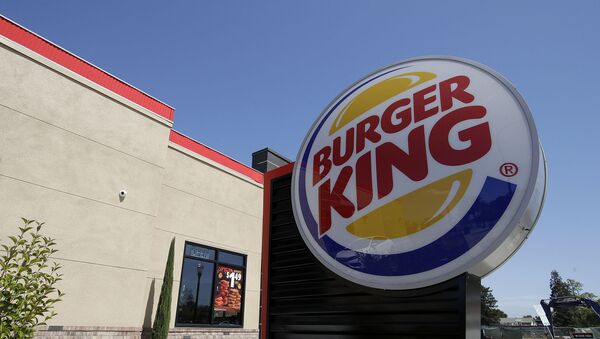Burger King is taking action to tackle the climate emergency by changing its cows diets.
The popular burger chain announced on Tuesday that they would be adding 100 grams of lemongrass to their cows’ daily feed to help reduce methane emissions.
The company worked with scientists from the Autonomous University at the State of Mexico and the University of California, Davis who claimed that they saw a 33 percent decrease in emissions after trialling this diet during the last three to four months of a cow's life.
Researchers found that the lemongrass leaves helped to manipulate the digestion process in cows which reduced methane production.
The Food and Agriculture Organization of the United Nations estimate that livestock is responsible for 14.5 percent of all human-induced greenhouse gas (GHG) emissions, with beef production accounting for 41 percent of those emissions.
Burger King also has a plant-based range made by Impossible foods, which calculated that their range generates 89 percent less greenhouse gas emissions than patty made from cow’s beef, according to a report commissioned by the company in 2019.
Other companies have also taken action to reduce their carbon footprint including McDonald’s and Starbucks.
Rival fast food giant McDonald’s took similar action in 2018, and pledged to reduce its greenhouse gas emissions by 36 percent by 2030.
Earlier this year Starbucks pledged to become “resource positive” by storing more carbon than it emits, eliminating waste and providing more fresh water than it uses.


